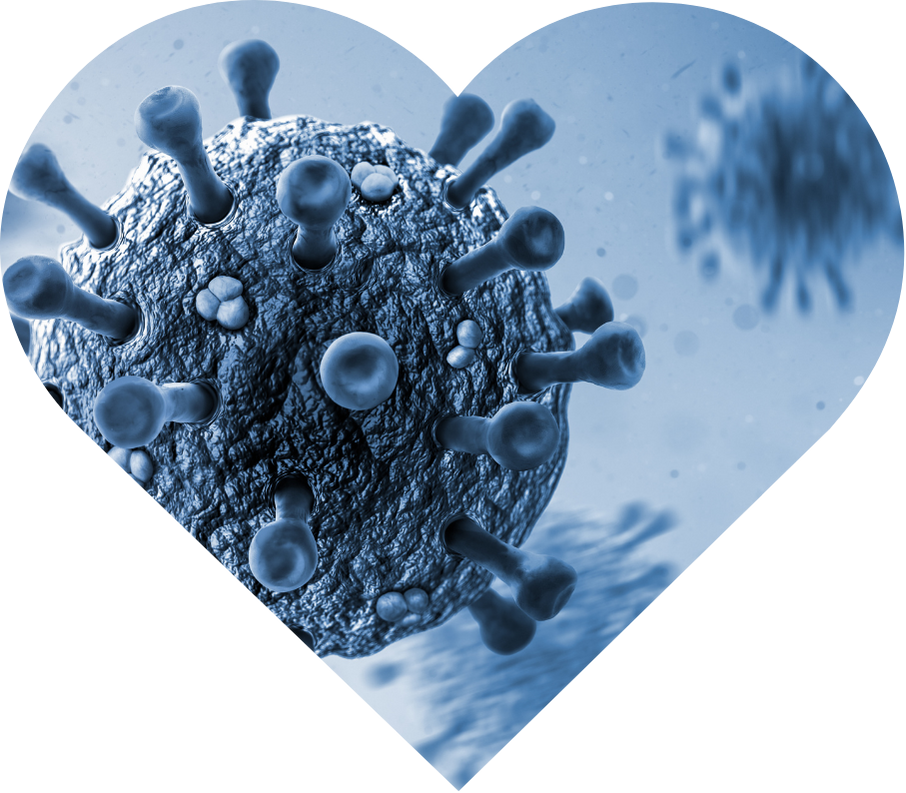“The death sits in the gut” – this was already articulated by Hippocrates’ students. Today, we might put it more positively: resilience begins in the gut. Those who achieve a lot are familiar with the fine line between peak performance and infection. Modern microbiome research surprisingly clearly shows: certain probiotics can fine-tune the immune response – not as a panacea, but as a smart adjustment screw for more energy, faster recovery, and a robust defense.
The microbiomethe totality of microorganisms in and on the body is not a silent roommate, but a partner of the immune system. A large part of the mucosal immunitydefense at mucosal surfaces resides in the gut, where it recognizes intruders and sends tolerant signals for “friends.” Probioticslive microorganisms that offer health benefits in sufficient amounts such as Lactobacillus and Bifidobacterium strains can influence this balance. They modulate cytokines, strengthen the epithelial barrierprotective layer of the gut wall, and promote SIgAsecretory immunoglobulin A, the first antibody defense layer in the gut. Specificity is crucial: one strain is not the same as another. Therefore, targeted selection matters – similar to functional training: precise stimuli, measurable effects.
When the microbiome is in balance, the defense operates more efficiently and with less “noise.” Stress – whether physical, psychological, or inflammatory – can tip this balance, often leading to a decline in beneficial Lactobacillus species, increased inflammation readiness, and even anxiety-like behavioral changes [1]. Conversely, probiotic Bifidobacteria show in vivo that they can stabilize a weakened immune condition: increased SIgA, more active natural killer cells, and enhanced macrophage function have been observed after administering a specific Bifidobacterium bifidum strain; at the same time, the gut barrier visibly recovered [2]. For high performers, this means: less "Open Window" after exertion, better infection resistance, and faster recovery.
The microbiome-stress axis is well documented. In human and animal models, physical, physiological, and psychological stressors lead to a restructuring of gut flora – particularly consistent is the reduction of Lactobacillus populations. This dysbiosis increases susceptibility to gut infections and drives systemic inflammatory mediators, which in turn can trigger behavioral changes. Notably, in germ-free mice, the typical stress-induced increase in innate immune responses is absent, underscoring the necessity of an intact microbiome for these reactions. Restoring gut homeostasis – even through probiotics – can mitigate the effects of stress [1]. Additionally, an experimental study on Bifidobacterium bifidum H3-R2 shows that a carefully characterized strain tolerates digestive stress, adheres to gut epithelia, and regulates immune cells. In a model of immunosuppressed mice, the strain improved body weight, cytokine profile, SIgA production, as well as NK cell and macrophage activity, and morphologically repaired the intestinal mucosa. Relevance for practice: it’s not about “more probiotics,” but about the right strains for targeted immune modulation [2].
- Take a daily probiotic supplement with clearly declared strains such as Lactobacillus rhamnosus or Bifidobacterium bifidum. Pay attention to adequate dosage and storage according to manufacturer guidelines; these strains show immune-supporting effects, including higher SIgA and increased NK activity [2].
- Plan a “microbiome hygiene” strategy against stress: prioritize sleep, incorporate breathing breaks, and manage mental strain. Chronic stress reduces beneficial Lactobacillus bacteria and weakens the probiotic effect on the immune system [1].
- Combine probiotics with prebiotics from fiber-rich whole food sources (e.g., inulin, resistant starch) to support the colonization of beneficial strains. Consistency over weeks is more important than short-term high doses [2].
- Periodize intense training or work blocks with recovery windows. This reduces stress-induced microbiome shifts that can increase infection susceptibility and inflammatory noise [1].
Your immune system loves precision: targeted probiotics plus stress-smart behavior. Start this week with a suitable L. rhamnosus or B. bifidum product and incorporate daily anti-stress routines. Small, consistent steps – noticeably more resilience.
This health article was created with AI support and is intended to help people access current scientific health knowledge. It contributes to the democratization of science – however, it does not replace professional medical advice and may present individual details in a simplified or slightly inaccurate manner due to AI-generated content. HEARTPORT and its affiliates assume no liability for the accuracy, completeness, or applicability of the information provided.












